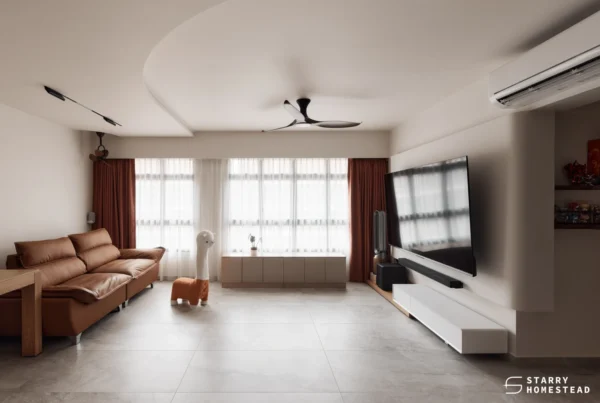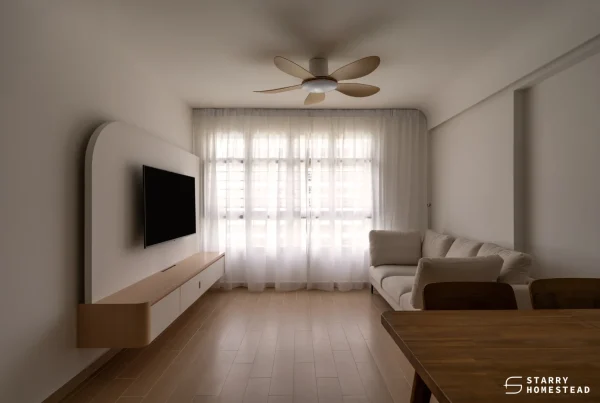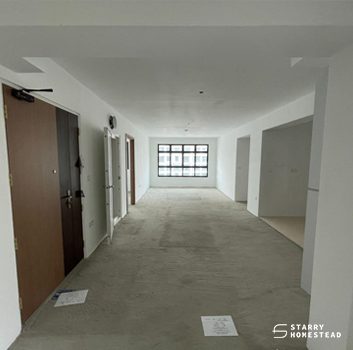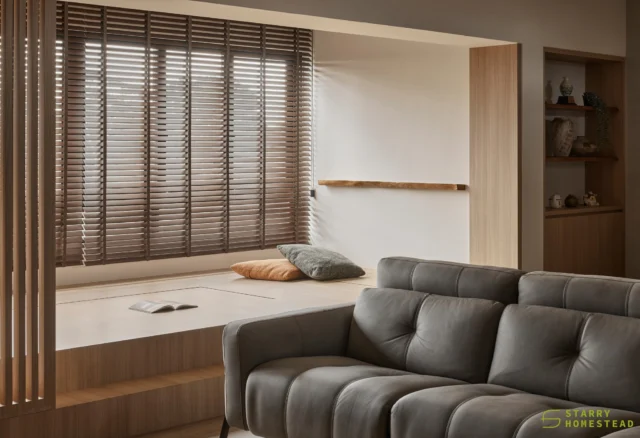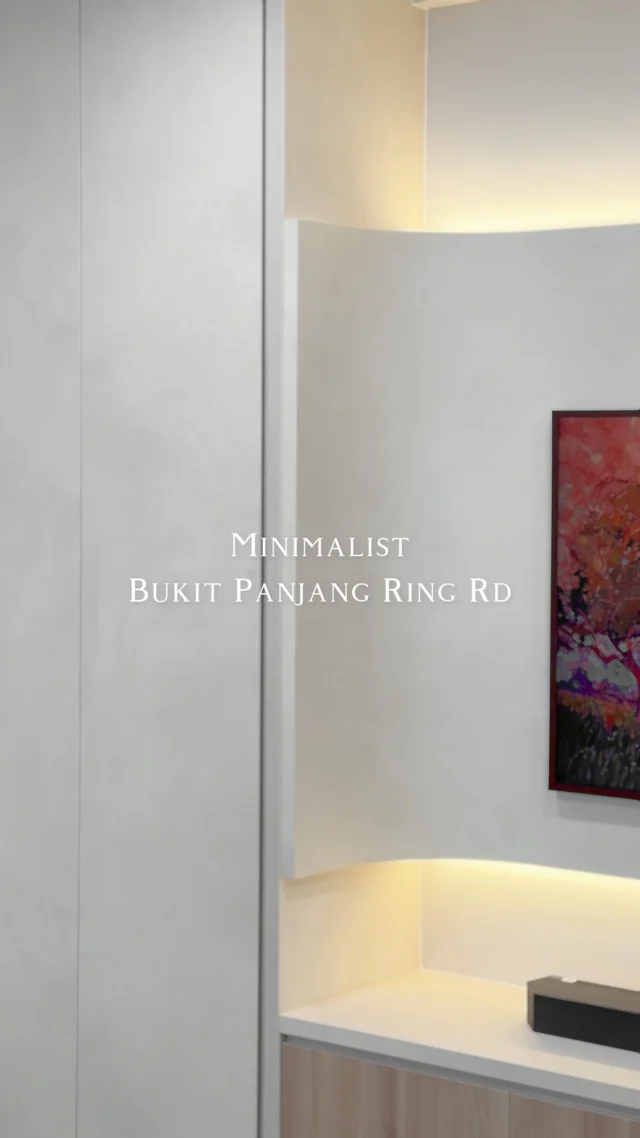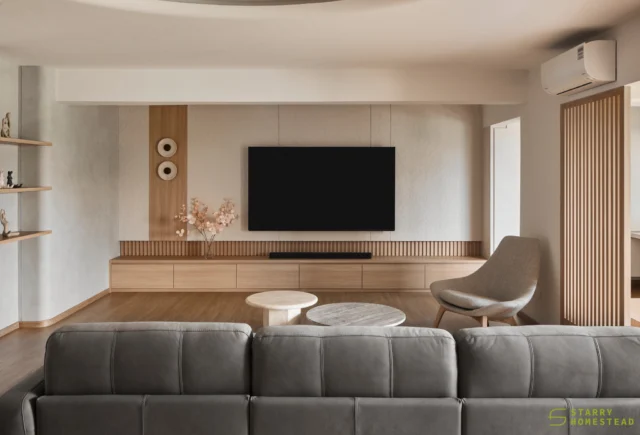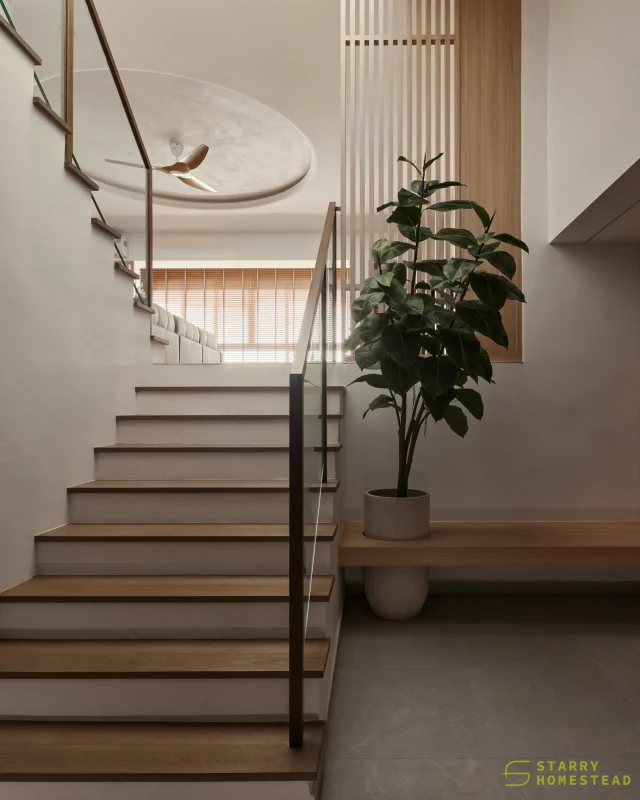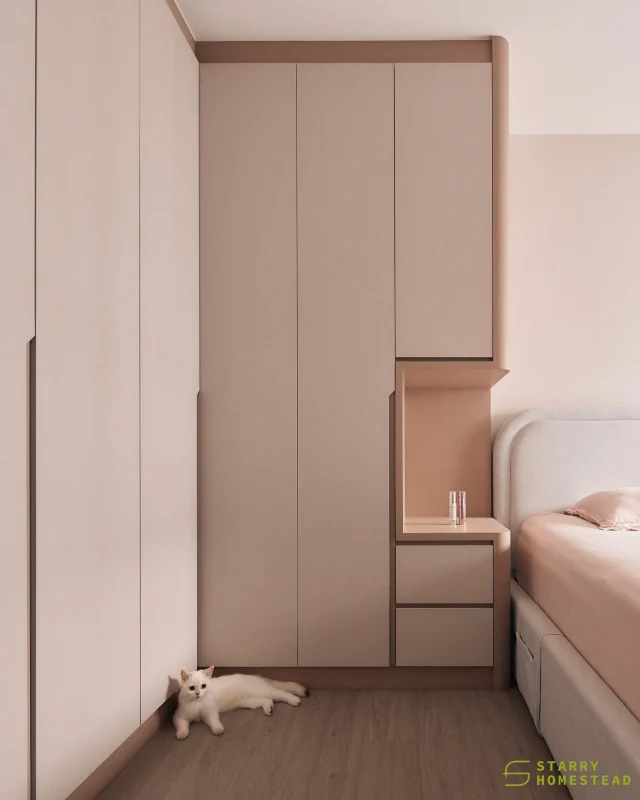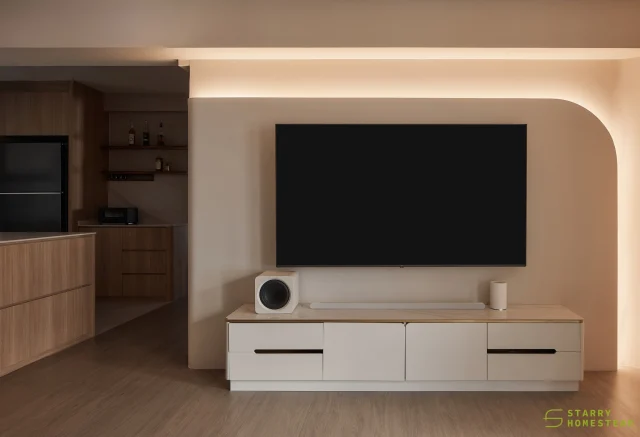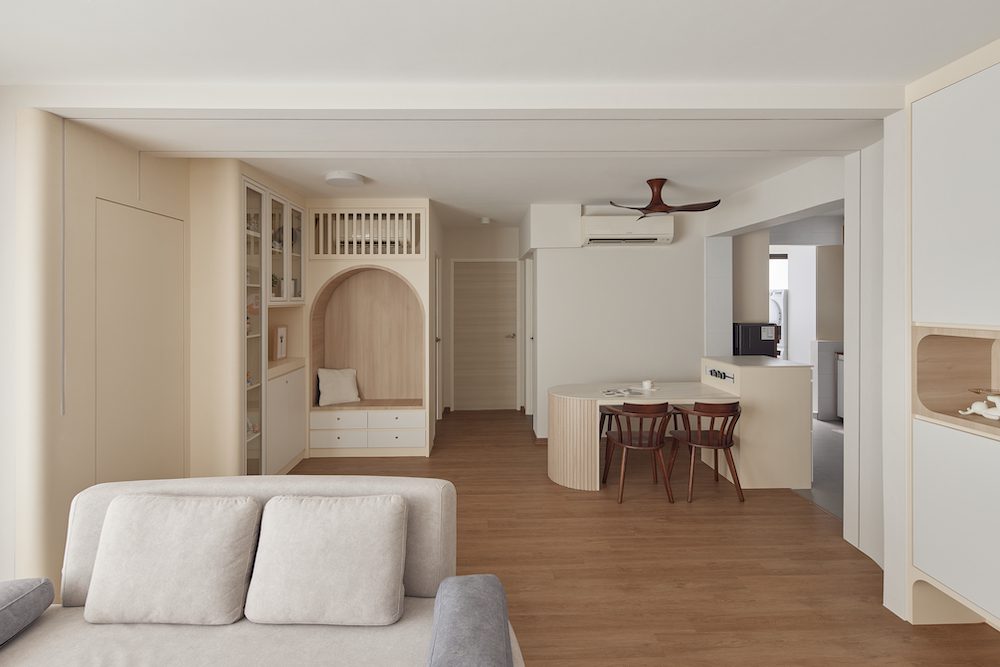 Whether you’re upgrading an HDB BTO, a brand-new condo, or a resale home, understanding the costs involved in home renovations in Singapore is necessary. Proper budget planning lets you sweeten your living space’s functionality and aesthetics without compromising financial stability. This guide will help you grasp the factors influencing renovation costs and how to manage them effectively.
Whether you’re upgrading an HDB BTO, a brand-new condo, or a resale home, understanding the costs involved in home renovations in Singapore is necessary. Proper budget planning lets you sweeten your living space’s functionality and aesthetics without compromising financial stability. This guide will help you grasp the factors influencing renovation costs and how to manage them effectively.
Renovation Cost Overview for HDB BTOs, Condos, and Resale Homes
Many homeowners often ask, “How much does renovation cost in Singapore?” The answer can vary widely depending on the type of property and the extent of the renovation required. Here’s a concise estimated breakdown of potential expenditures across various property types:
- HDB BTOs: Generally, these require less extensive renovations due to their new condition and standard layouts. Costs can range from $30,000 for basic updates to $80,000 for more elaborate customisations.
- Condos (New and Resale): Condo renovations can range from $20,000 to $100,000, depending on the extent of luxury and personalisation desired. New condos often come with developer-provided finishes that might reduce the need for immediate extensive renovations, whereas resale condos might require more significant updates to refresh outdated interiors or reconfigure spaces.
- Resale HDBs: Typically require more comprehensive renovations to update interiors, address wear and tear, or reconfigure layouts to suit new living requirements, with costs generally falling between $50,000 and $100,000.
Factors Influencing Renovation Costs
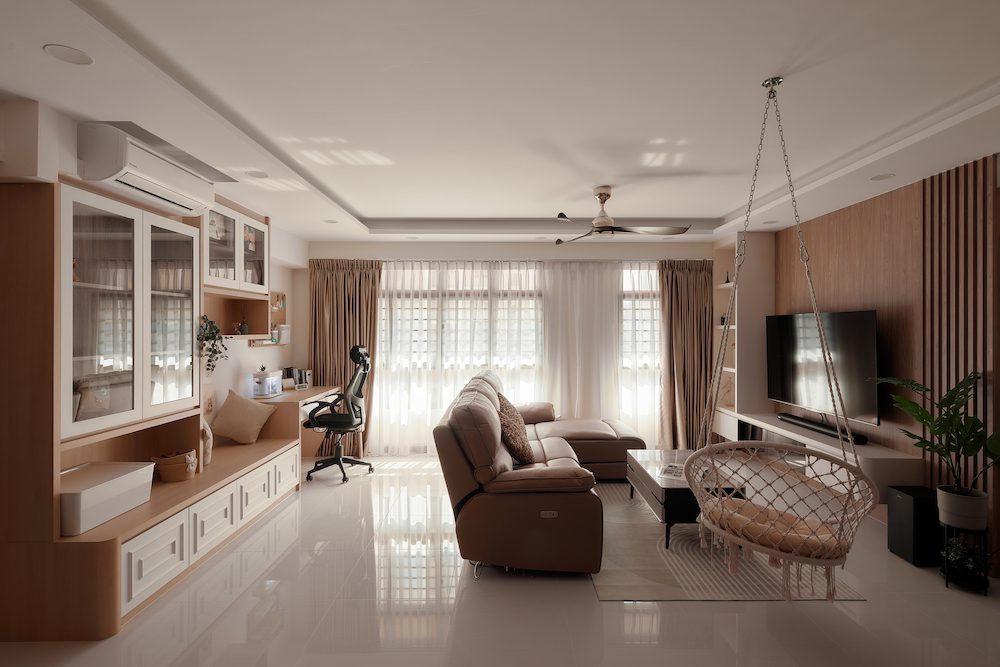 Several factors affect renovation costs regardless of property type, and understanding what is the most expensive part of a renovation can help you prioritise your budget. From material selection to the scope of work and custom features, each aspect plays a critical role in determining the overall cost.
Several factors affect renovation costs regardless of property type, and understanding what is the most expensive part of a renovation can help you prioritise your budget. From material selection to the scope of work and custom features, each aspect plays a critical role in determining the overall cost.
1. Material Selection
The choice of materials significantly influences renovation budgets. Opting for high-quality or luxury materials like imported or premium tiles will inevitably raise costs. Conversely, using cost-effective, locally sourced, or standard materials can help manage and reduce expenses, providing a balance between quality and affordability.
2. Scope of Renovation
The scope of your renovation project directly impacts the budget. Minor updates, such as repainting walls or replacing fixtures, are generally more affordable. Conversely, major structural renovations entail higher costs due to increased labour and materials required. For example, the costs can vary significantly when you undertake specific renovations like a complete kitchen overhaul, which could involve complex electrical and plumbing updates.
3. Customisation and Special Features
Incorporating custom features like built-in furniture, luxurious tiling, intricate ceiling designs, and structural modifications can substantially increase renovation costs. These bespoke elements enhance the aesthetic and functionality of your space, requiring specialised craftsmanship and premium materials. For instance, customising a bathroom with high-end fixtures and finishes can significantly influence the overall renovation cost.
Practical Tips for Budgeting Your Renovation
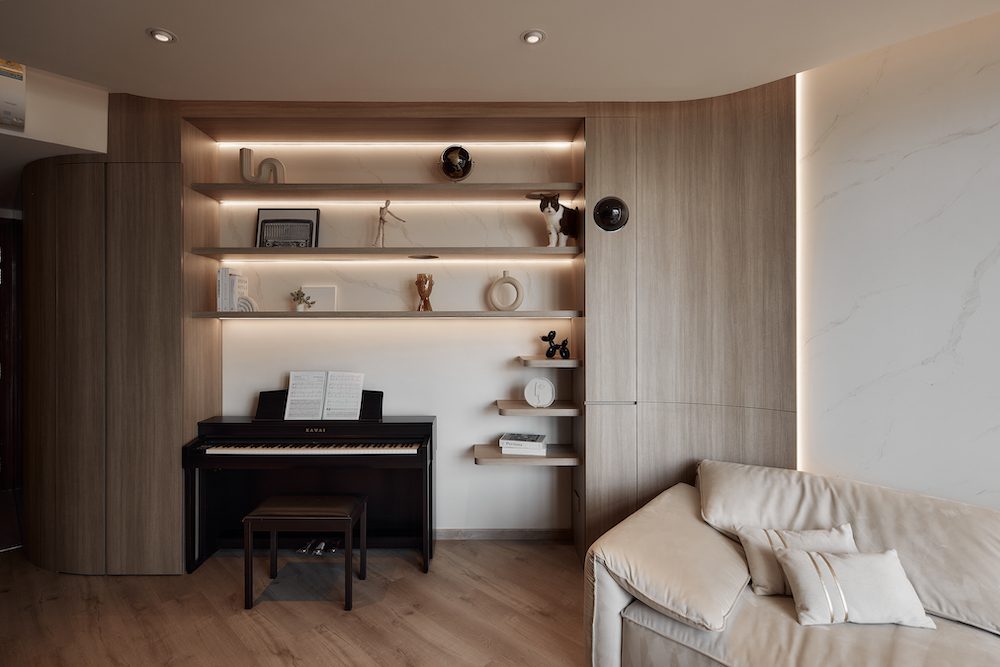 Managing your renovation budget requires careful planning and strategic decision-making. Here are some actionable tips to help you navigate the financial aspects of your renovation project:
Managing your renovation budget requires careful planning and strategic decision-making. Here are some actionable tips to help you navigate the financial aspects of your renovation project:
- Prioritise Your Needs: Begin by distinguishing between ‘needs’ and ‘wants’. Focus your budget on essential changes that impact functionality and value. This approach helps prevent overspending on less critical aesthetic upgrades.
- Plan for Flexibility: Allow for some flexibility in your material choices and design options. This will enable you to adapt to more cost-effective solutions if prices fluctuate or certain items exceed your initial budget without compromising the overall quality and design integrity.
- Prepare for the Unexpected: Renovations often come with surprises, especially in older properties where issues may not be apparent until work begins. Set aside a contingency fund — typically 10-20% of your total budget — to cover unforeseen expenses, ensuring that these do not derail your project financially.
Timeline Expectations for Renovation Projects
Understanding the timeline for your renovation project is essential for setting realistic expectations and planning your life around the renovation process. Here’s what you might expect in terms of duration:
- Minor Updates: Smaller projects, such as repainting or updating fixtures, typically completed within a few weeks. These improvements are straightforward and cause minimal disruption to daily life.
- Major Renovations: For extensive renovations that involve structural changes, electrical and plumbing overhauls, or complete redesigns, the timeline can extend from several months to even a year. The complexity and scale of the work, as well as the need for skilled labour and custom materials, significantly impact the duration.
Leveraging Starry Homestead’s Expertise for Your Renovation Journey
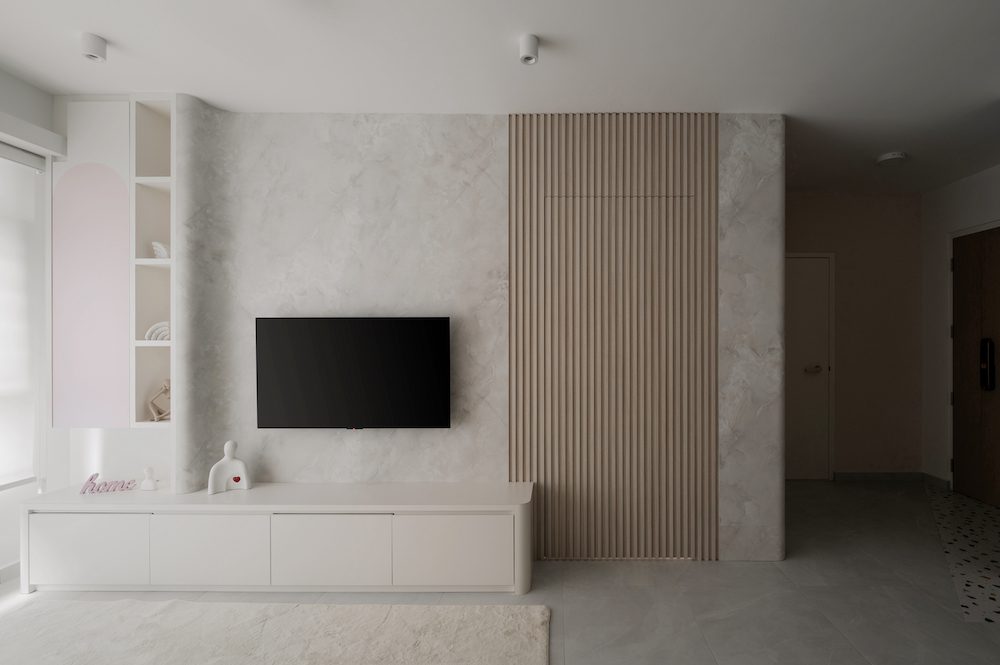 At Starry Homestead, we specialise in home interior design in Singapore, offering expert guidance to ensure your renovation journey is as smooth and cost-effective as possible. Whether undertaking a resale HDB renovation or transforming a new condo, our team provides transparent cost estimates and creative design solutions that align with your vision and budget constraints.
At Starry Homestead, we specialise in home interior design in Singapore, offering expert guidance to ensure your renovation journey is as smooth and cost-effective as possible. Whether undertaking a resale HDB renovation or transforming a new condo, our team provides transparent cost estimates and creative design solutions that align with your vision and budget constraints.
For personalised advice and support throughout your home renovation and interior design journey, contact us today. We are ready to help you navigate the complexities of renovation costs and alter your property into a dream home that reflects your style and meets your needs.
